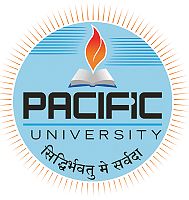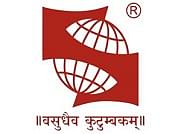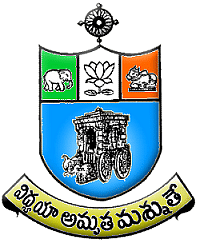Introduction
about PhD in Bioinformatics
PhD in Bioinformatics is a research-focused
doctoral program that combines biological sciences with computer science and
information technology to analyse and interpret biological data. The program is
designed to equip students with advanced knowledge and skills in computational
biology, genomics, proteomics, and systems biology. Graduates are prepared for
careers in academia, research institutions, pharmaceutical companies, and
biotech industries, where they contribute to advancements in medical research,
drug development, and understanding complex biological systems.
Admission
Process for PhD in
Bioinformatics
The admission process PhD Bioinformatics typically involves several key steps:
- Eligibility Criteria:
Candidates usually need a master’s degree in bioinformatics, computational
biology, molecular biology, computer science, or a related field. Some
programs may also accept candidates with a bachelor’s degree who have
exceptional academic records or relevant research experience.
- Entrance Exam: Many institutions require candidates to take a standardized entrance exam such as the GRE (Graduate Record Examination) or specific exams conducted by top 5 universities in Haryana
- Application:
Candidates must submit an online application form along with supporting
documents, which generally include:
- Academic transcripts
- Curriculum Vitae (CV) or resume
- Statement of Purpose (SOP)
- Letters of recommendation
- Test scores (GRE, TOEFL/IELTS for international students)
- Research proposal (optional, depending on the institution)
- Interview: Shortlisted candidates are often
required to attend an interview, either in-person or online, to discuss
their research interests and assess their suitability for the program.
- Selection: Admission decisions are based on a
combination of academic performance, entrance exam scores, research
experience, interviews, and alignment of research interests with faculty
expertise.
Syllabus of
PhD in Bioinformatics
The syllabus PhD in Bioinformatics typically covers a broad range of topics, ensuring that students gain
comprehensive knowledge in both theoretical and practical aspects of the field.
The curriculum may include:
Core
Courses
- Advanced Bioinformatics:
Techniques and algorithms for sequence alignment, genome assembly, and
annotation.
- Computational Genomics:
Methods for analysing genomic data, including genome-wide association
studies (GWAS) and next-generation sequencing (NGS) data analysis.
- Proteomics and Metabolomics:
Study of proteomes and metabolomes, including mass spectrometry data
analysis.
- Systems Biology: Modelling
and simulation of biological systems to understand complex interactions
within cells.
- Biostatistics:
Statistical methods for biological data analysis.
Elective
Courses
- Machine Learning in Bioinformatics: Application of machine learning techniques to biological data.
- Structural Bioinformatics:
Analysis and prediction of biomolecular structures.
- Functional Genomics:
Study of gene function and interaction networks.
- Drug Discovery and Development:
Computational methods in drug design and pharmacogenomics.
- Biological Databases:
Design, management, and usage of biological databases.
Research
Components
- Seminars and Journal Clubs:
Regular presentations and discussions on current research topics.
- Research Proposal Development:
Preparation and presentation of research proposals.
- Laboratory Rotations:
Practical training through rotations in different research labs.
- Dissertation Research:
Conducting original research, writing a dissertation, and defending it
before a panel of experts.
Skills
Training
- Programming and Software Development: Proficiency in programming languages such as Python, R, and Java.
- Data Analysis and Visualization:
Techniques for analysing and visualizing complex biological data.
- Ethics in Research:
Understanding ethical considerations in bioinformatics research.
Overall, the PhD in Bioinformatics program at best college in Haryana is
designed to provide students with a deep understanding of the computational
methods used to analyse biological data, as well as the biological principles
underlying these methods. This comprehensive training prepares graduates to
tackle complex biological questions and contribute to advancements in the
field.












